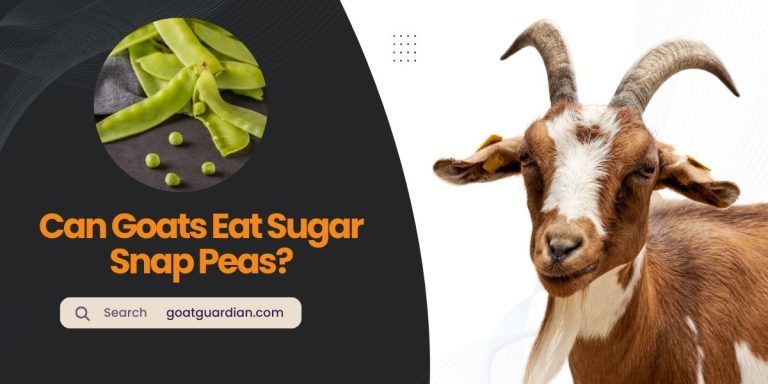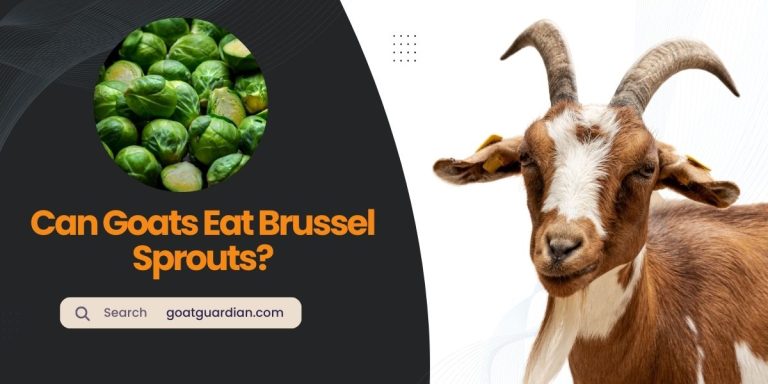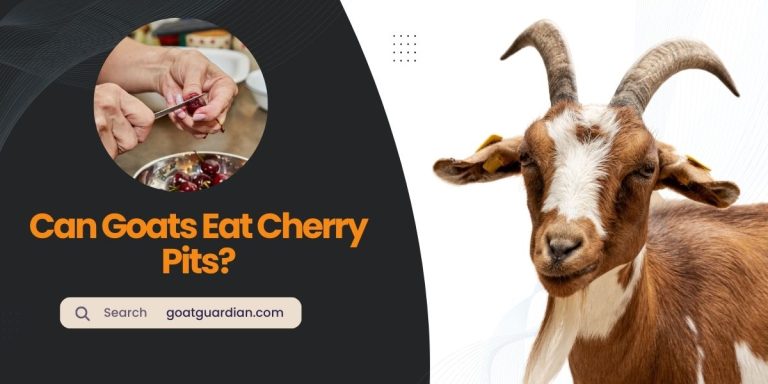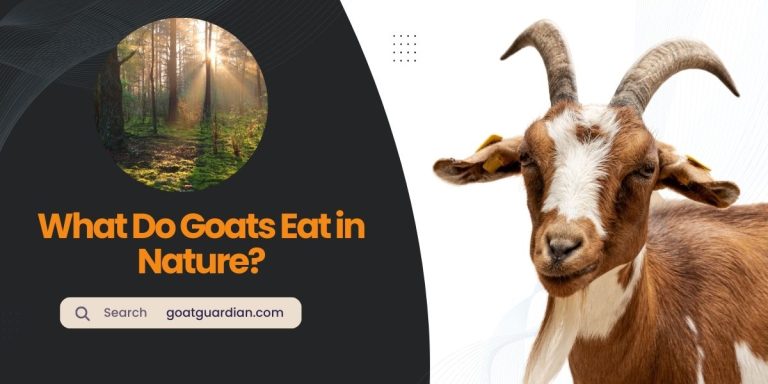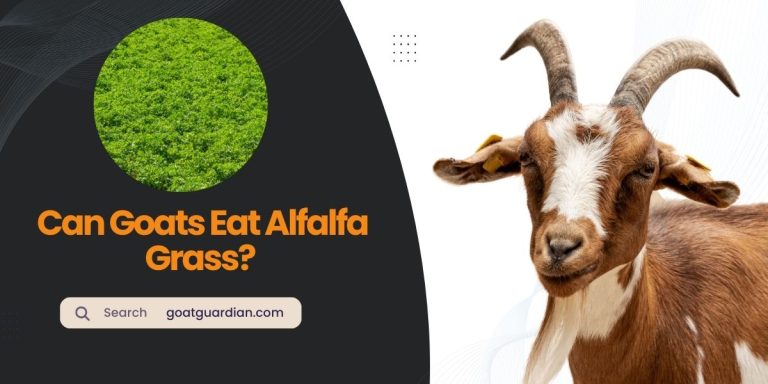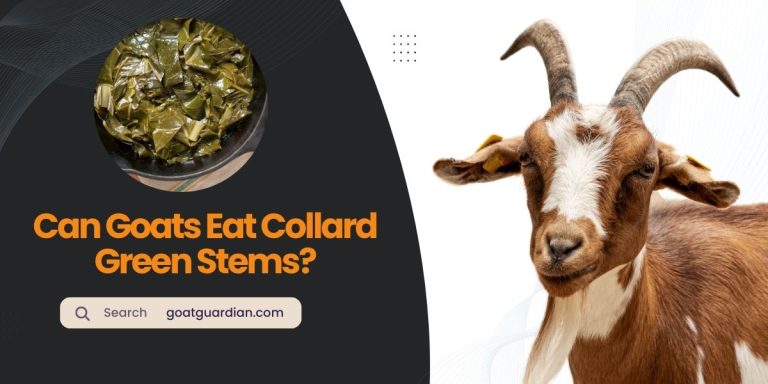Can Goats Eat Alfalfa Pellets? A-Z Feeding Guide
Yes, goats can eat alfalfa pellets. Alfalfa pellets can be a beneficial supplement in a goat’s diet, providing essential nutrients and fiber.
Nutritional Value Of Alfalfa Pellets For Goats
Alfalfa pellets are a highly nutritious option for feeding goats. They contain a high protein content, making them an excellent source of essential amino acids for goats. Protein is crucial for growth, reproduction, and overall health.
In addition to protein, alfalfa pellets are also rich in vitamins and minerals, including vitamin A, vitamin D, calcium, and potassium. These nutrients play a vital role in supporting the overall health and wellbeing of goats.
Furthermore, alfalfa pellets are a good source of fiber, which is essential for proper digestion in goats. The fiber content helps regulate their digestive system and prevent issues such as bloating.
Overall, incorporating alfalfa pellets into a goat’s diet can provide them with the necessary nutrients they need to thrive. However, it is essential to properly balance their diet with other forage options and consult with a veterinarian to ensure the optimal nutrition for the goats.
Benefits Of Feeding Alfalfa Pellets To Goats
Feeding alfalfa pellets to goats can provide several benefits. In lactating goats, it can lead to improved milk production. For every three pounds of milk produced, it is recommended to feed one pound of alfalfa pellets daily. For growing goats, enhanced weight gain can be achieved by feeding one and a half to two pounds of pellets per goat per day.
Alfalfa pellets also offer a source of essential nutrients that are necessary for the overall health of goats. It is important to note that while alfalfa pellets are beneficial for goats, they should be provided along with high-quality forage. Feeding a balanced diet that includes both alfalfa pellets and forage will ensure goats receive a well-rounded nutrition.
Feeding Guidelines For Alfalfa Pellets
Feeding guidelines for alfalfa pellets vary depending on the specific needs of goats. For lactating goats, the recommended daily feeding amounts are based on their milk production. It is suggested to feed one pound of alfalfa pellets daily for every three pounds of milk produced. On the other hand, gestating goats should be fed one and a half to two pounds of alfalfa pellets per day.
It is important to note that providing high-quality forage in addition to alfalfa pellets is crucial for goats’ overall health and nutritional needs. Forage can be in the form of hay, grain, or other suitable options. Ensuring the proper balance of nutrients through a well-rounded diet is essential for the well-being of goats.
Potential Risks And Considerations
There is a risk of bloat if goats consume excessive amounts of alfalfa pellets, as it can overwhelm the bacteria in the rumen. It’s important to balance the intake of alfalfa pellets with other feeds to prevent this issue.
It is recommended to monitor the goat’s health and adjust feeding accordingly. For lactating goats, feed one pound of alfalfa pellets daily for every three pounds of milk produced. For gestating goats, feed one and a half to two pounds of pellets per goat per day. Additionally, always provide high-quality forage.
Remember, while alfalfa pellets are a good source of nutrition, it’s crucial to maintain a balanced diet to ensure the overall health and well-being of your goats.
Other Feed Options For Goats
When it comes to feeding goats, alfalfa pellets are a popular choice. However, there are other feed options that can be beneficial for goats as well. One of these options is hay, which is an essential part of a goat’s diet. Hay provides necessary fiber and roughage that promotes healthy digestion. Another feed option is grain, which can provide additional nutrients and energy for goats, especially lactating or pregnant ones.
It’s important to note that grains should be fed in moderation to avoid digestive issues. Fruits and vegetables can also be given as treats or supplements to add variety to their diet. However, it’s essential to avoid feeding toxic fruits and vegetables to goats. Overall, a balanced diet consisting of a mix of hay, grains, and occasional fruits and vegetables can help ensure the health and well-being of goats.
Frequently Asked Questions On Can Goats Eat Alfalfa Pellets
Are Alfalfa Pellets Safe For Goats?
Alfalfa pellets are safe for goats and can be included in their diet. They provide nutrition and can supplement their forage intake. Make sure to provide high-quality forage along with the pellets. Do not feed too much at once to prevent bloat.
How Much Alfalfa Pellets To Feed Goats?
For lactating goats, feed one pound of alfalfa pellets daily for every three pounds of milk produced. For gestating goats, feed one and a half to two pounds of pellets per goat per day. Always ensure high-quality forage is provided.
Avoid feeding too much at once to prevent bloat.
Can Alfalfa Pellets Cause Bloat In Goats?
No, alfalfa pellets can potentially cause bloat in goats if consumed in large quantities. Rich foods like alfalfa can overwhelm the bacteria in the goat’s rumen, leading to the buildup of fermentation gases and bloat. It is important to provide high-quality forage and feed alfalfa in moderation to prevent bloat in goats.
What Pellets Are Best For Goats?
The best pellets for goats are alfalfa pellets. They are a great option for supplementing a goat’s diet. They can be fed to goats who eat their feed quickly and help keep goats on the milk stand. However, they should not replace baled hay, pasture, and browse.
Conclusion
Alfalfa pellets can be a nutritious addition to a goat’s diet. They provide essential vitamins and minerals that goats need to thrive. However, it is important to feed in moderation and ensure a balanced diet with high-quality forage. Overfeeding alfalfa pellets or any rich food can lead to bloat, so caution should be exercised.
Always consult with a veterinarian or goat expert to determine the appropriate amount of pellets for your goats. Remember to prioritize long-stemmed hay and pasture for optimal rumen function.

